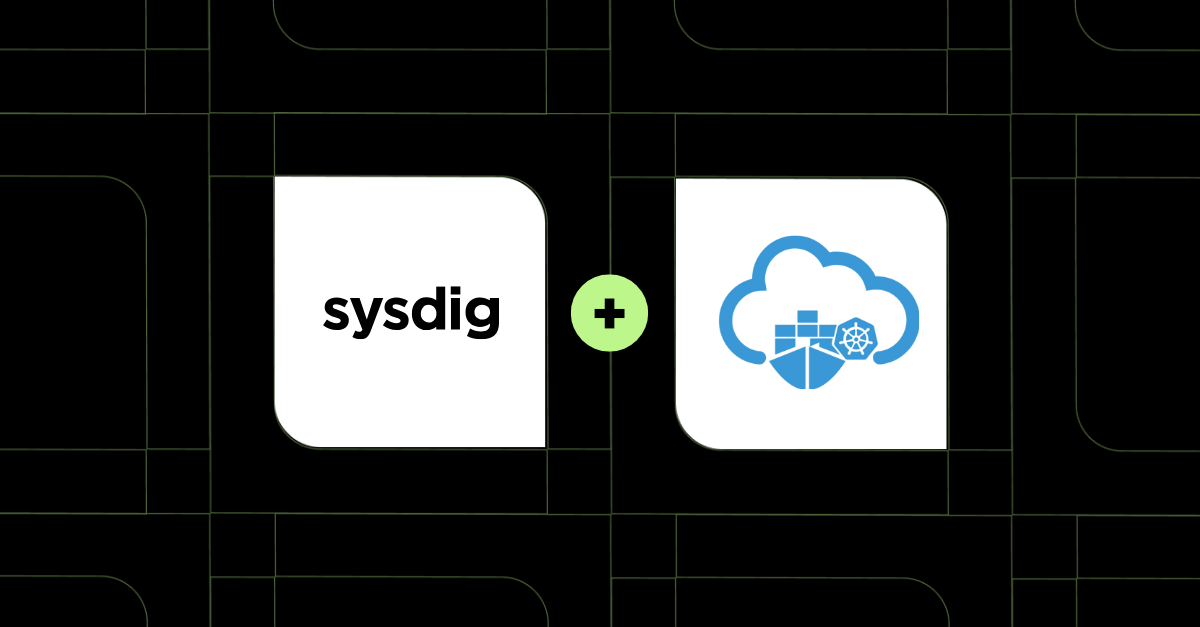blogs
Insights at Cloud Speed

AI-assisted cloud intrusion achieves admin access in 8 minutes
Alessandro Brucato
|
February 3, 2026
AI-assisted cloud intrusion achieves admin access in 8 minutes

Securing GPU-accelerated AI workloads in Oracle Kubernetes Engine
Manuel Boira
|
February 2, 2026
Securing GPU-accelerated AI workloads in Oracle Kubernetes Engine

Our customers have spoken: Sysdig rated a Strong Performer in Gartner® Voice of the Customer for Cloud-Native Application Protection Platforms
Marla Rosner
|
January 22, 2026
Our customers have spoken: Sysdig rated a Strong Performer in Gartner® Voice of the Customer for Cloud-Native Application Protection Platforms

How threat actors are using self-hosted GitHub Actions runners as backdoors
Alberto Pellitteri
|
January 13, 2026
How threat actors are using self-hosted GitHub Actions runners as backdoors
join our newsletter
Stay up to date– subscribe to get blog updates now
Thank you! Your submission has been received!
Oops! Something went wrong while submitting the form.
AI-assisted cloud intrusion achieves admin access in 8 minutes
February 3, 2026
Alessandro Brucato
AI-assisted cloud intrusion achieves admin access in 8 minutes
Cloud Security

Security briefing: January 2026
February 2, 2026
Crystal Morin
Security briefing: January 2026
No items found.

Securing GPU-accelerated AI workloads in Oracle Kubernetes Engine
February 2, 2026
Manuel Boira
Securing GPU-accelerated AI workloads in Oracle Kubernetes Engine
Cloud Security
Sysdig Features

Bringing OSS runtime security to AWS: Falco integration with AWS Security Hub CSPM
January 29, 2026
Dan Belmonte
Bringing OSS runtime security to AWS: Falco integration with AWS Security Hub CSPM
Kubernetes & Container Security
Open Source

Our customers have spoken: Sysdig rated a Strong Performer in Gartner® Voice of the Customer for Cloud-Native Application Protection Platforms
January 22, 2026
Marla Rosner
Our customers have spoken: Sysdig rated a Strong Performer in Gartner® Voice of the Customer for Cloud-Native Application Protection Platforms
No items found.

Protecting sensitive business data in preparation for the organization's Gen AI
January 21, 2026
Conor Sherman
Protecting sensitive business data in preparation for the organization's Gen AI
No items found.
